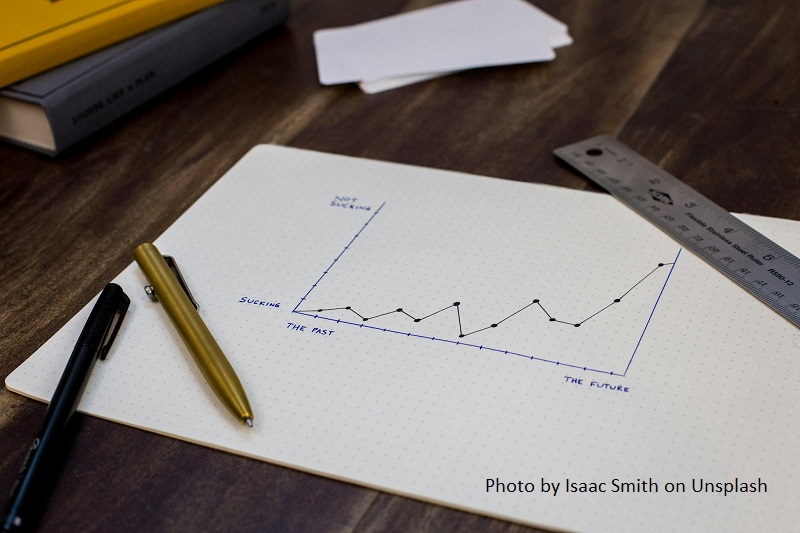In the second edition of the Research.com Best Universities in the World 2023 Ranking, the University of Silesia in Katowice took 1,439th place, among Polish universities in this ranking – 16th place, and in the region – 1st place. The ranking was prepared based on data from Microsoft Academic Graph in accordance with the methodology adopted for the ranking. The university ranking position is based on the sum of the H-index values of all leading scientists associated with a specific university. A lead researcher is a researcher whose D-index (disciplinary index resulting from individual H-indexes) exceeds a predetermined threshold for their research disciplines. Among our scientists, the following individuals met the criteria:
- Prof. Marian Paluch from the Faculty of Science and Technology of the University of Silesia (physical sciences),
- Prof. Beata Walczak from the Faculty of Science and Technology of the University of Silesia (chemical sciences),
- Prof. Grzegorz Racki from the Faculty of Natural Sciences of the University of Silesia (Earth and environmental sciences),
- Prof. Leszek Marynowski from the Faculty of Natural Sciences of the University of Silesia (Earth and environmental sciences).
Prof. Beata Walczak is an analytical chemist dealing with chemometrics, i.e. all possible aspects of instrumental data analysis. Her scientific work focuses on the development of new chemometric methods and their application to the study of complex chemical systems.
Prof. Marian Paluch closely related his scientific interests to the high-pressure equipment he developed for measuring dielectric relaxation and the creation of a high-pressure dielectric spectroscopy laboratory, which gained international recognition, confirmed by active cooperation with many scientists from research centres around the world. For many years, the main trend of his research has been issues related to the influence of pressure on the molecular dynamics of glass-forming materials and charge transport in ionic liquids and ionic polymers.
Prof. Grzegorz Racki deals with interdisciplinary research in the field of the evolution of the biosphere, with particular emphasis on episodes of great ecological disasters in the history of the Earth. His additional research interests include the history of Earth sciences and scientometrics. His most important scientific achievement is leading a research group that discovered anomalously elevated mercury concentrations in ecological crisis levels in the Devonian, thus documenting the key role of volcanic cataclysms in mass extinctions. He is also the co-discoverer of the iridium anomaly in Poland, which indicates a hecatomb caused by an asteroid impact at the end of the Cretaceous.
Prof. Leszek Marynowski devoted his scientific career to organic and inorganic geochemistry. This discipline finds application in: 1. reconstruction of sedimentary conditions, especially in relation to the great extinctions in Earth’s history; 2. determining the source of atmospheric pollution, especially when using compounds from the group of anhydrosaccharides and saccharides; 3. research on the stability of plant biopolymers (cellulose, hemicellulose, pectin, arabinogalactans) under diagenesis conditions; 4. determining the source of liquid hydrocarbons based on molecular comparative tests.
The detailed ranking results are available on Research.com.
Photo by Isaac Smith on Unsplash






